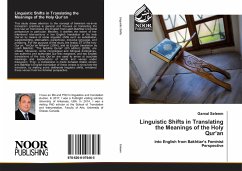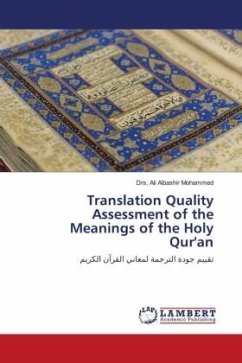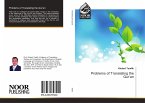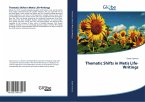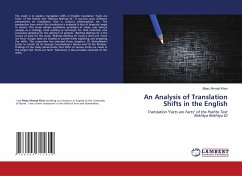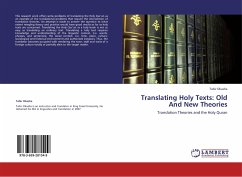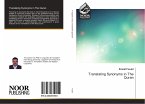This study draws attention to the concept of feminism vis-à-vis translation practices in general and focuses on translating the holy Qur'an from Arabic into English from Laleh Bakhtiar's feminist perspective in particular. Besides, it clarifies the extent of her intentional interventions in her English translation of the holy Qur'an by means of some linguistic shifts such as substitution, supplementing, attenuation, paraphrase, inclusive language, and prefacing. For the purpose of the study, the Arabic ST of the holy Qur'an, "Al-Qur'an AlKarim" (2004), and its English translation by Laleh Bakhtiar, "The Sublime Quran" (6th edition) (2009), are utilized. Moreover, some monolingual and bilingual dictionaries, two authentic and authorized Qur'anic exegeses, and two English translations of the holy Qur'an are used to arrive at accurate meanings and explanations of words and verses under discussion. Then, a comparison is made between Arabic verses and Bakhtiar's English translation ofthese verses to show how the translator, by making some deliberate linguistic shifts, rendered these verses from her feminist perspective.
Bitte wählen Sie Ihr Anliegen aus.
Rechnungen
Retourenschein anfordern
Bestellstatus
Storno

